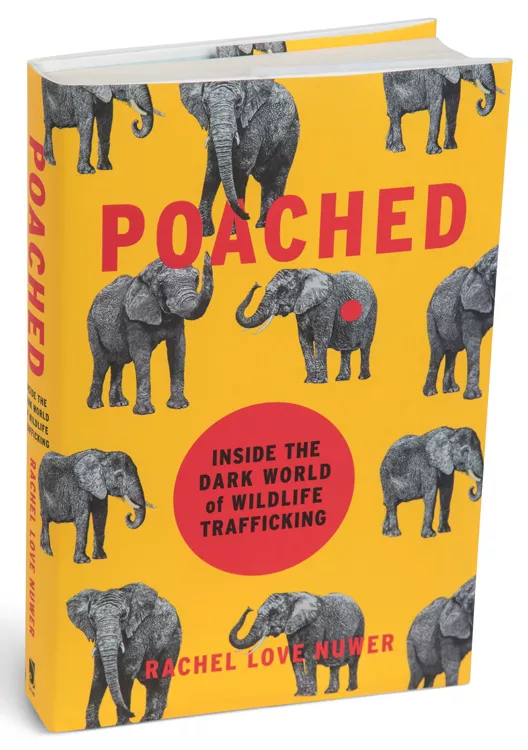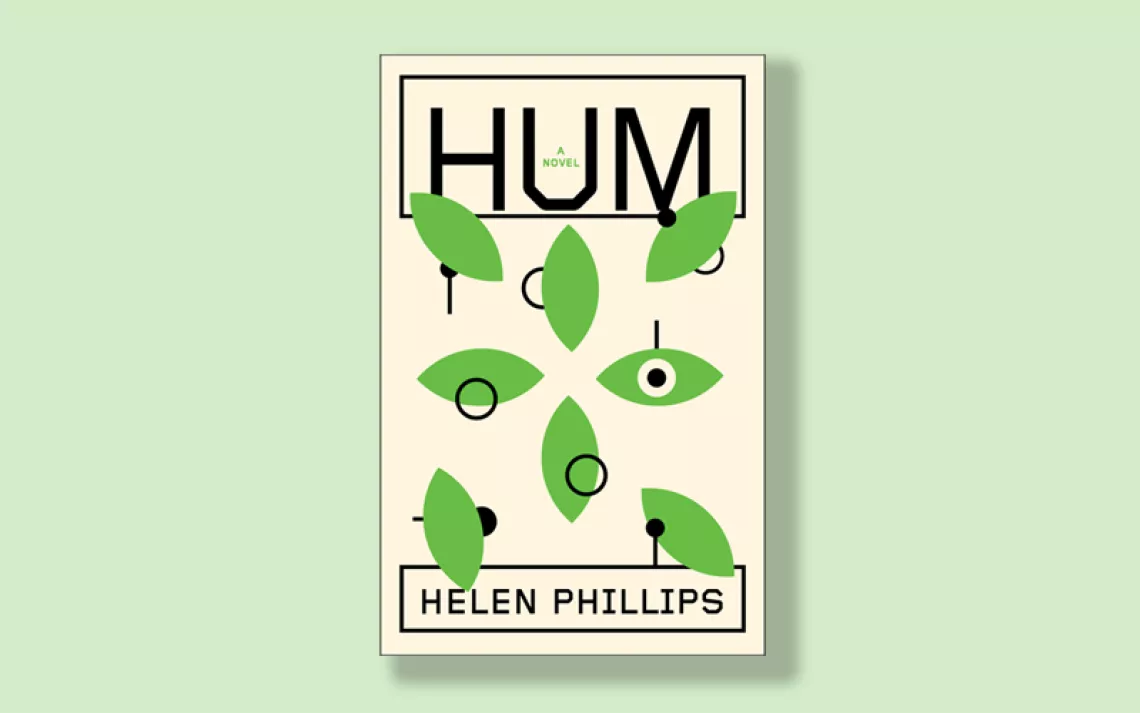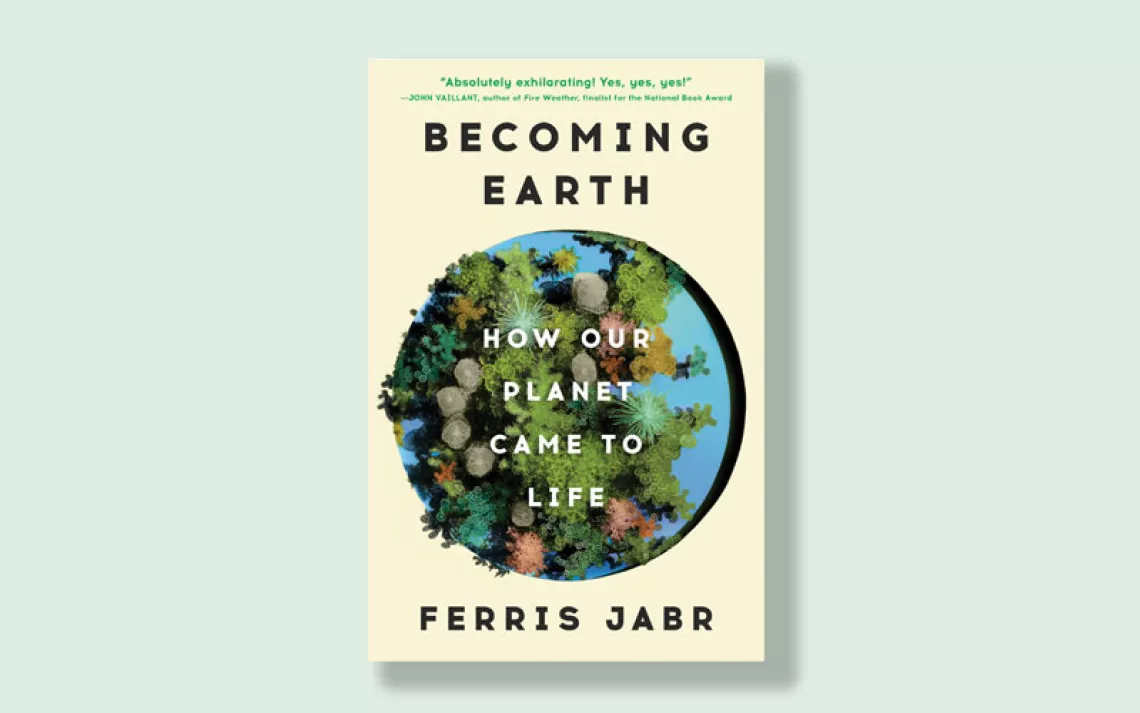Inside the Dark World of the Animal-Parts Market
Rachel Love Nuwer's "Poached" investigates the extinction business

"Downer endings are the norm" in stories of wildlife trafficking, Rachel Love Nuwer admits in Poached: Inside the Dark World of Wildlife Trafficking (Da Capo Press, 2018). A book on the subject could easily be an unreadable chamber of horrors: entire herds of elephants massacred with automatic weapons, rhinos railroaded toward extinction so Vietnamese playboys can impress their friends with an expensive hangover cure, hellish "farms" where bears are kept in cages and drained of their bile.
Nuwer finesses this hazard through her engaging and immersive reporting style. She goes on a pangolin hunt with a Vietnamese trapper and then shops for pangolin scales in Guangzhou, China. She quizzes a user of "medicinal" tiger bone (he's pretty much just following doctor's orders), hangs with heavily armed wildlife rangers in Kenya and Chad, and, memorably, poses as an eastern European hooker to gain entry to a Chinese casino in Laos that offers a wildlife cornucopia to customers. ("A vat of golden liquid stood on a shelf with a long, curled object inside. 'Hey, Love, I think that's a tiger penis,' I whispered.")
The colorful detail and dialogue illuminate the larger forces driving the trade in disappearing wildlife: ruthless greed, systematic corruption, and poorly designed policy. (Her portrayal of CITES, the Convention on International Trade in Endangered Species, is particularly unflattering.) Criminal gangs target game reserves for the same reason Willie Sutton robbed banks—because that's where the money is—and they're endlessly inventive in adapting to changing enforcement regimes. What's needed, Nuwer argues, is equal suppleness and flexibility from those trying to prevent our beleaguered fellow earthlings from being turned into keychains and acne remedies.
This article appeared in the November/December 2018 edition with the headline "Wildlife Liquidators."
 The Magazine of The Sierra Club
The Magazine of The Sierra Club



